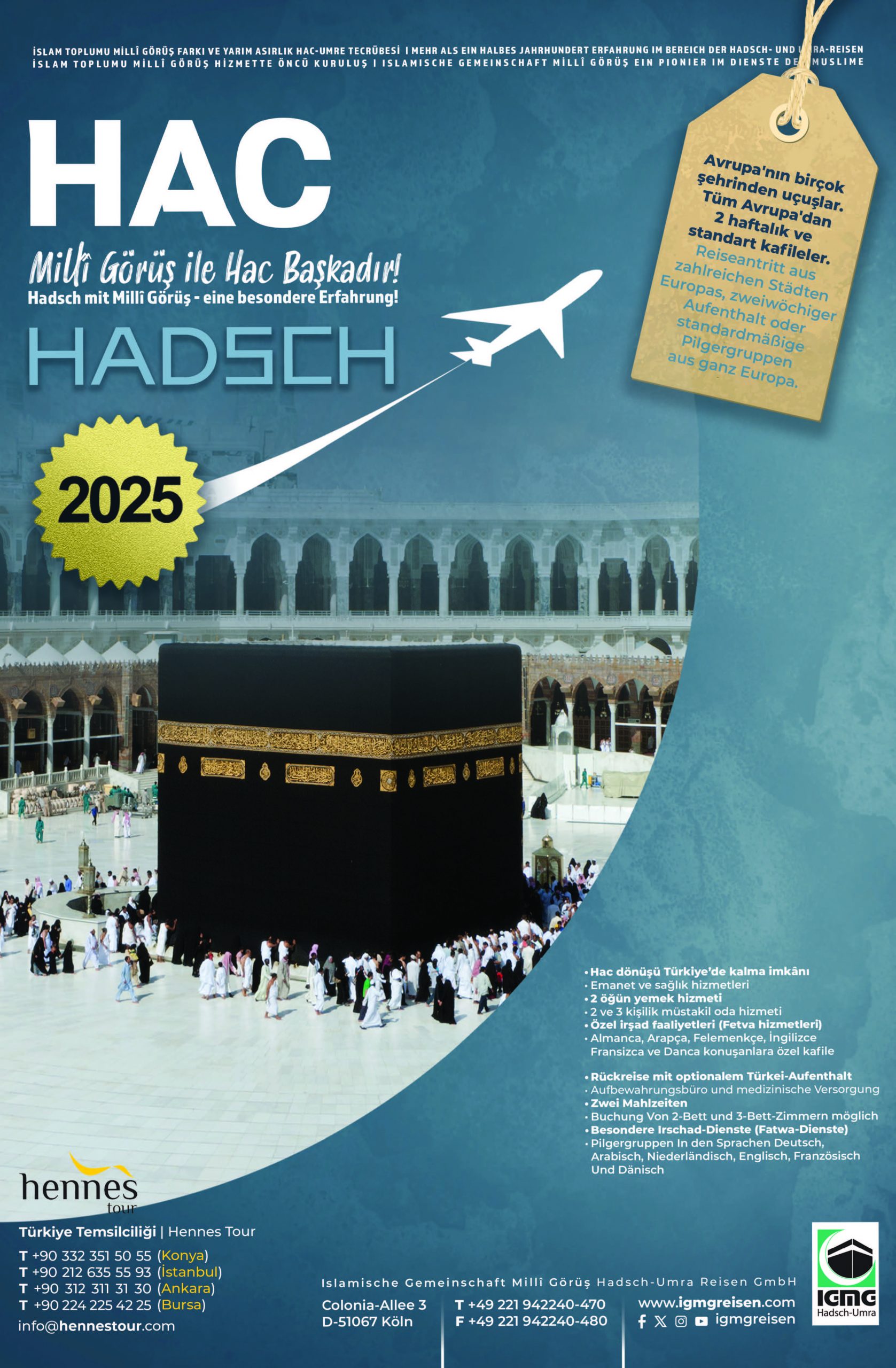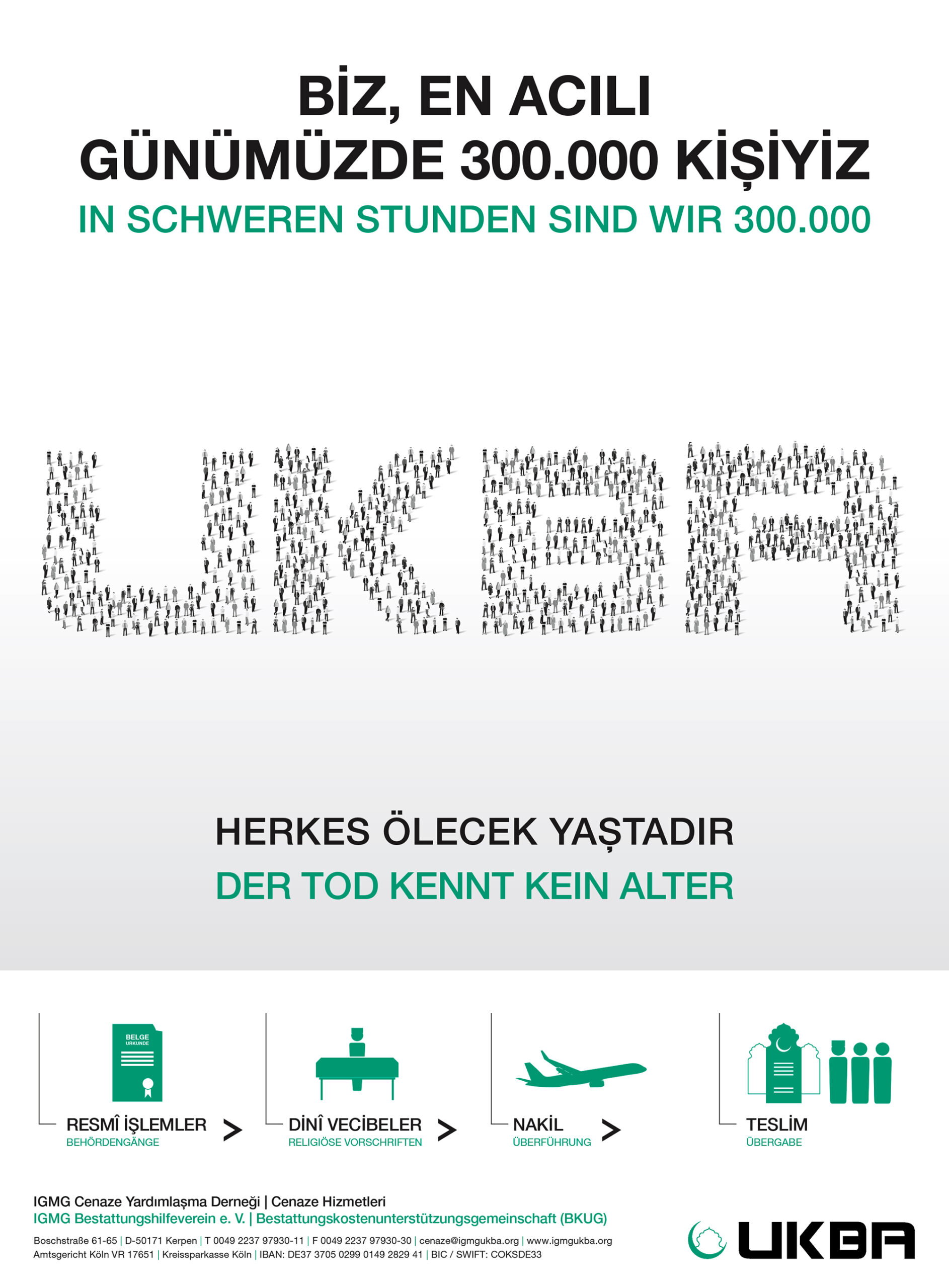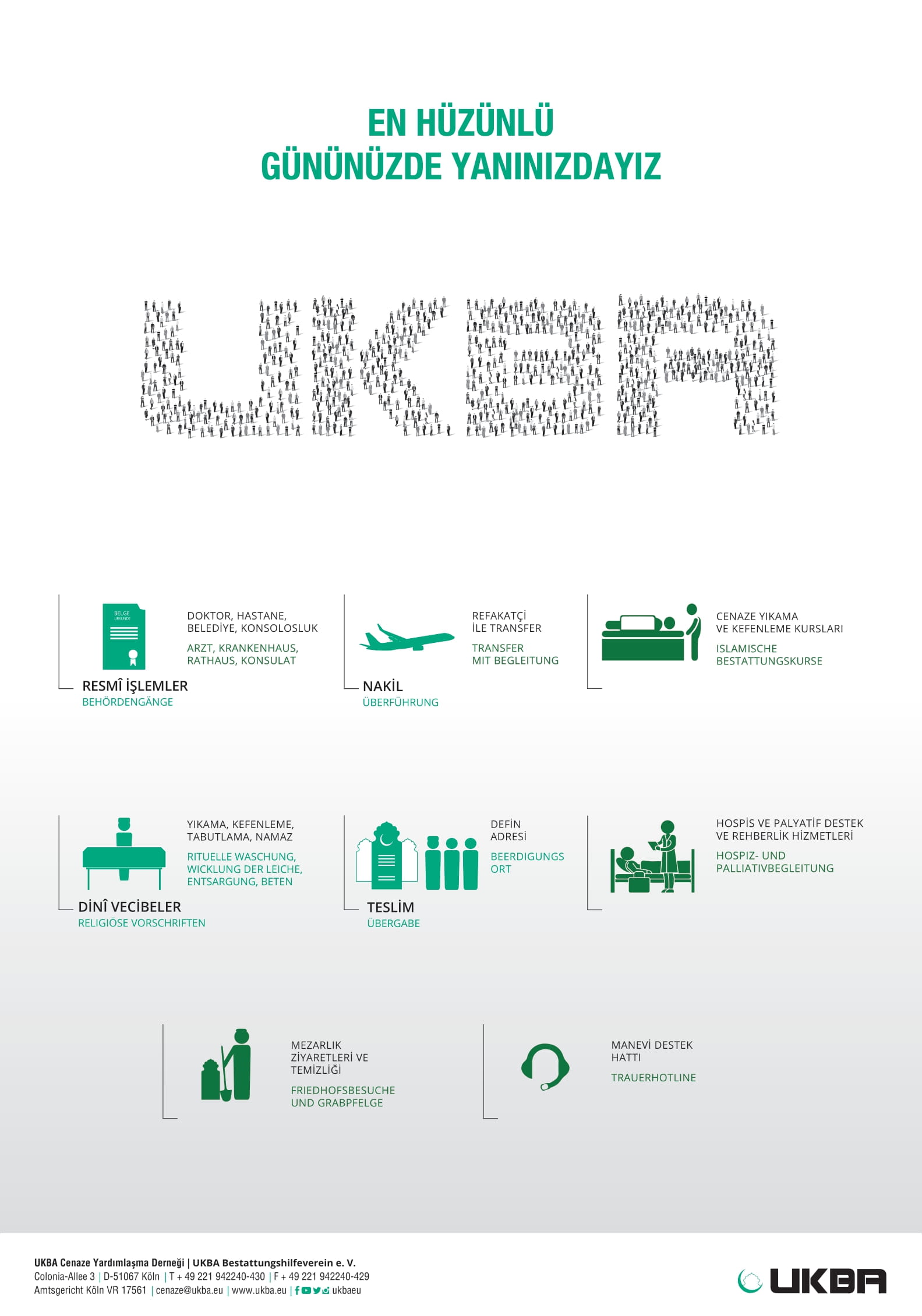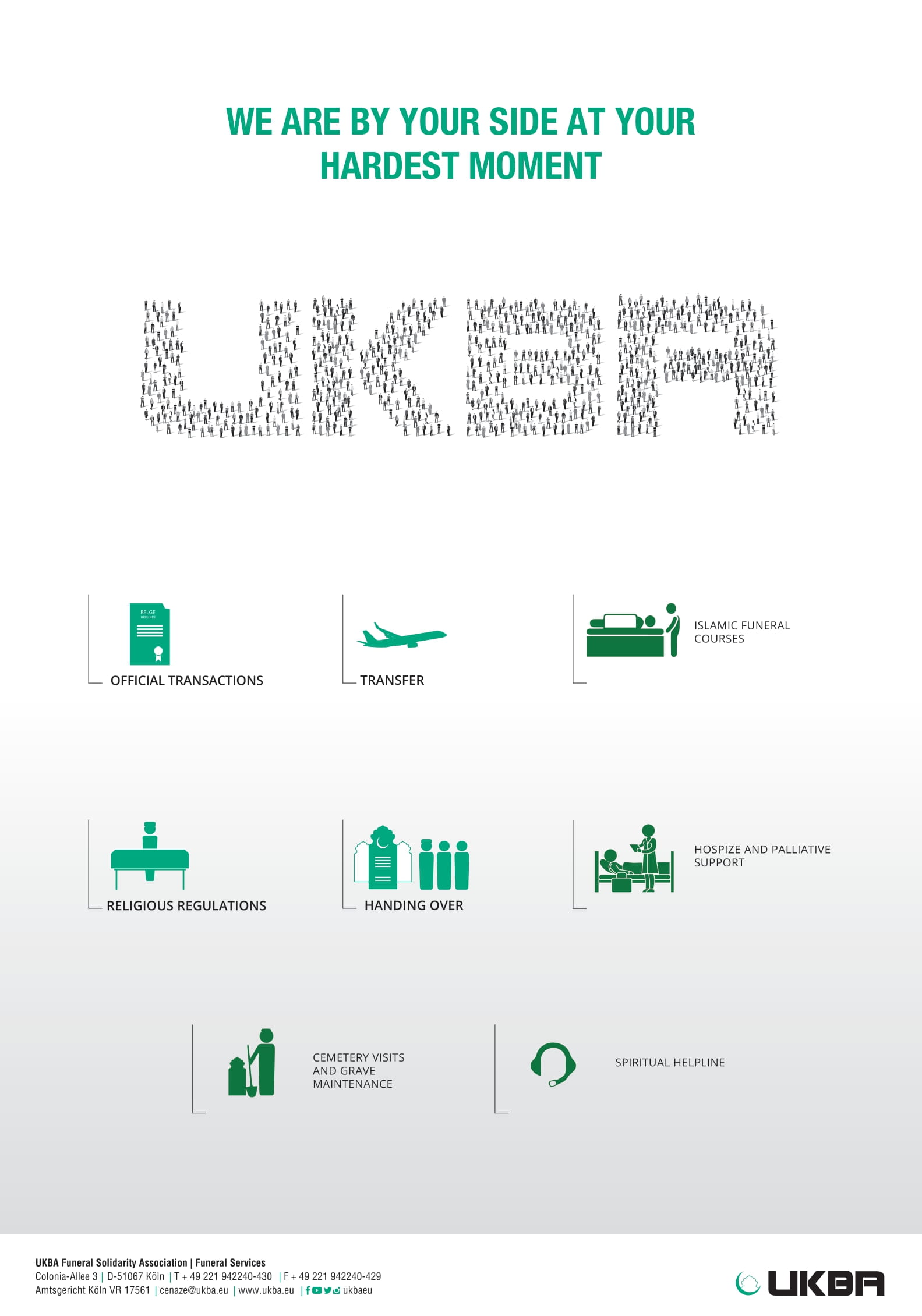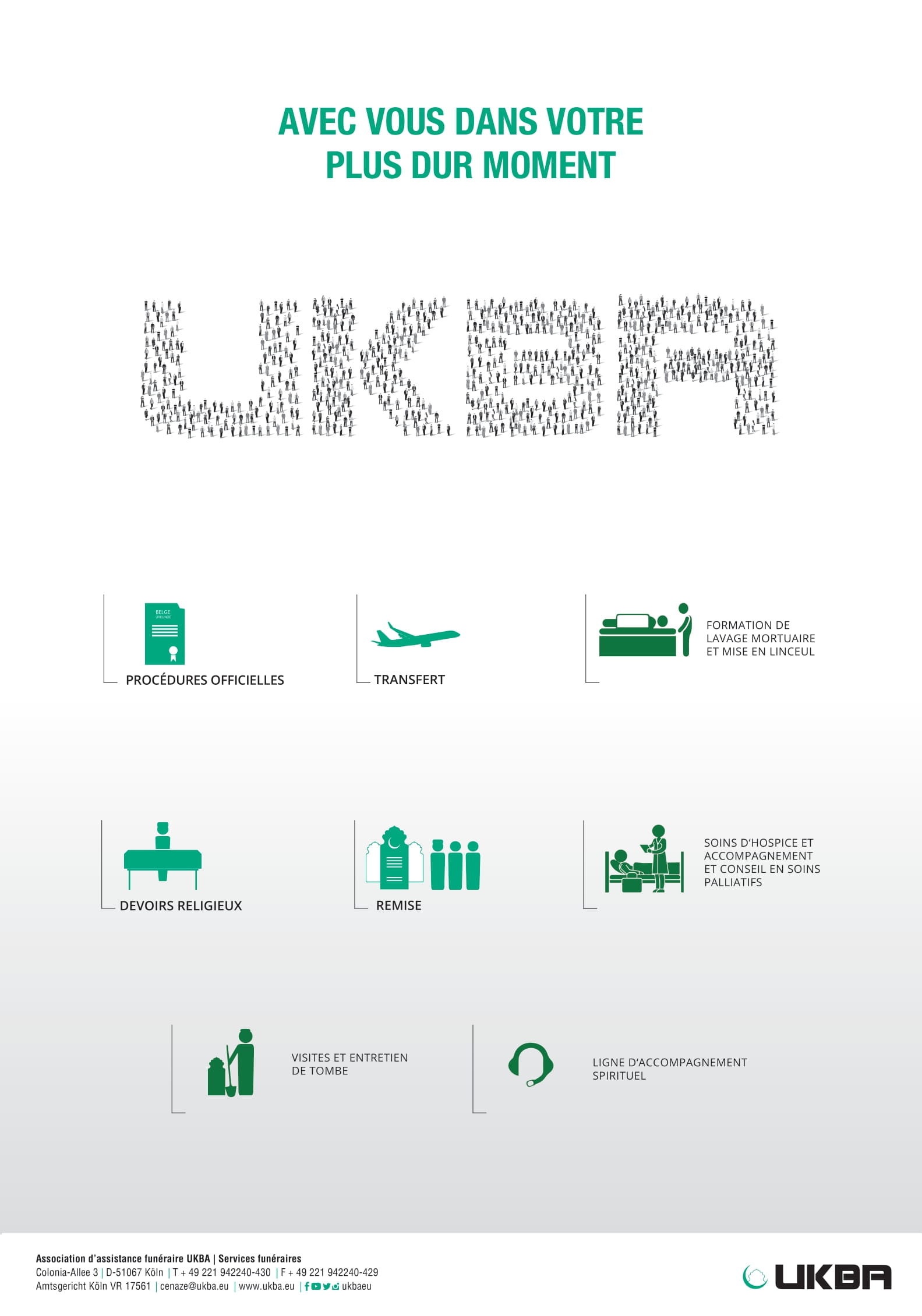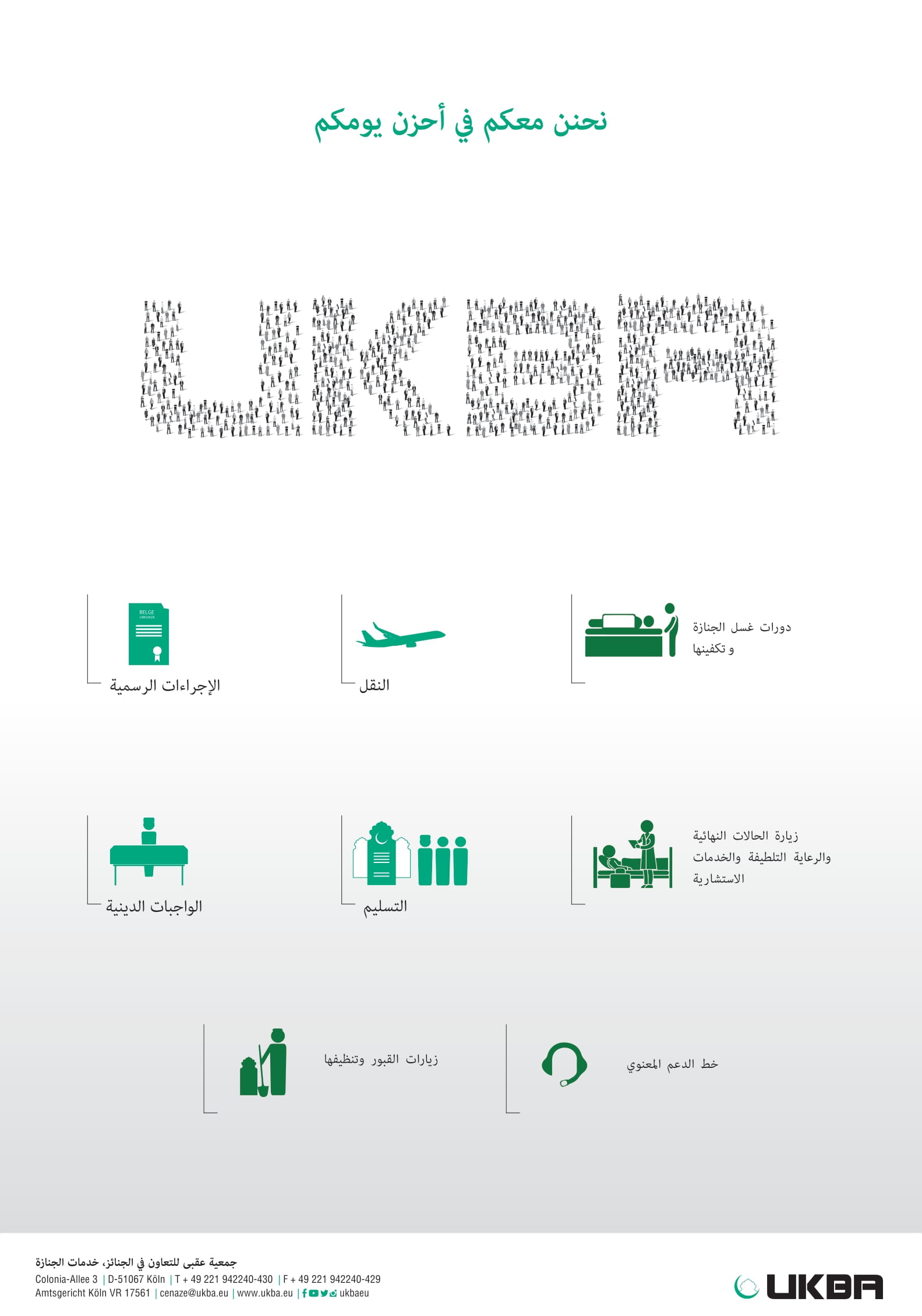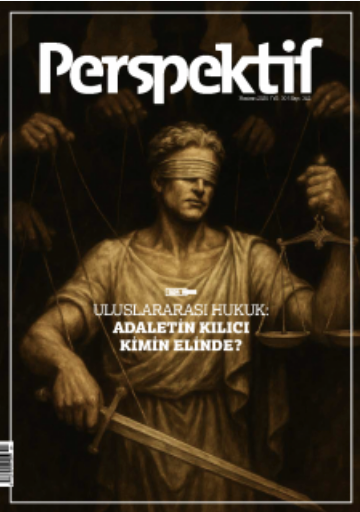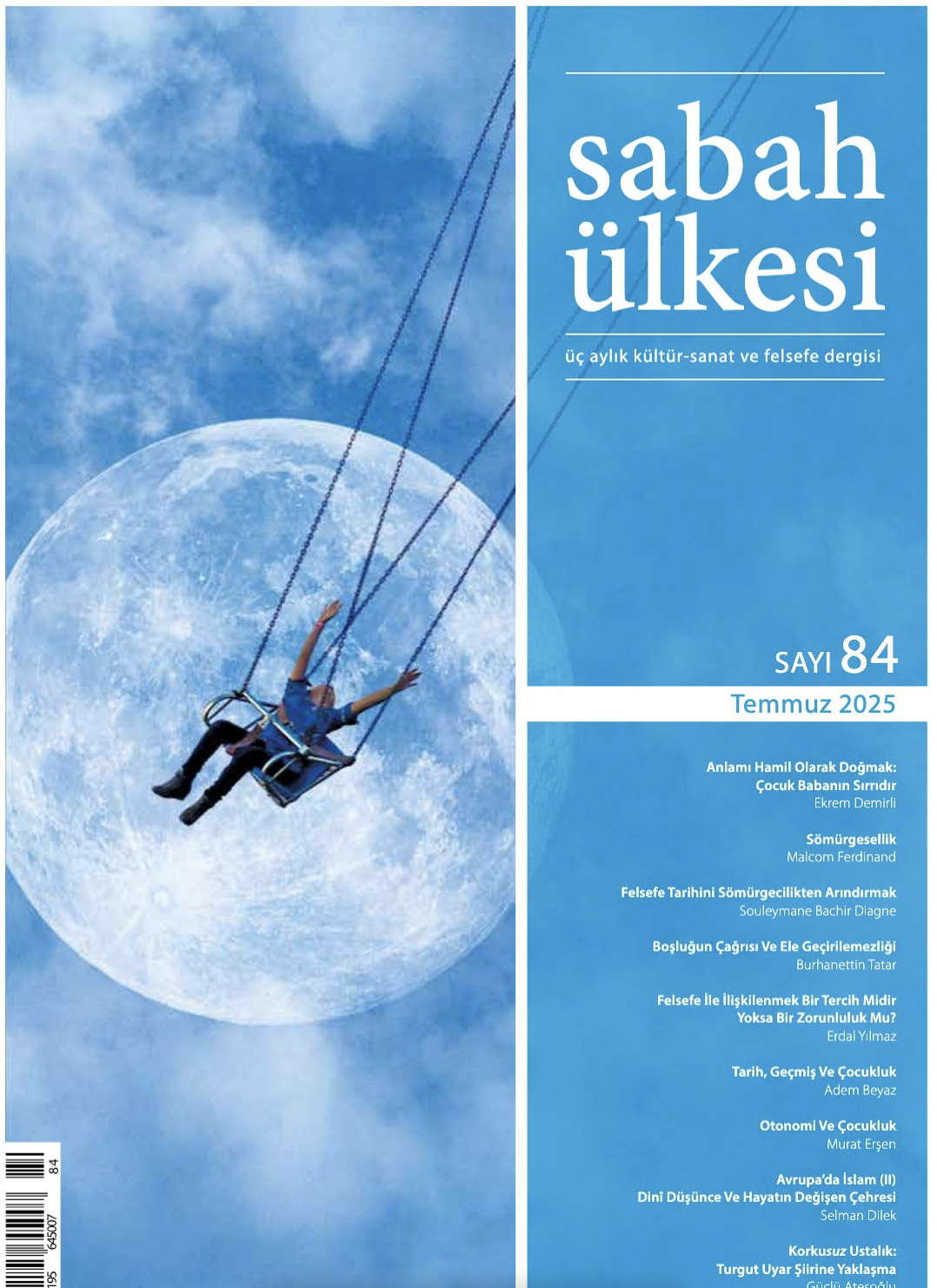Friday Khutba
Amr bi al-Maruf wa’l-Nahy an al-Munkar
28. November 2024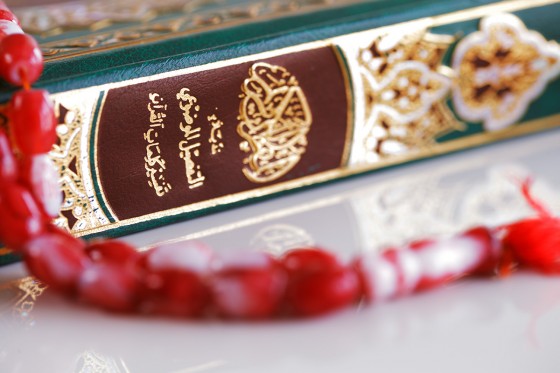
Dear Brothers and Sisters!
Amr bi al-Ma’ruf wa’l-Nahy an al-Munkar is one of the most significant responsibilities entrusted to us by our religion. This principle represents the act of commanding good and refraining from evil. Allah (swt) states in the Qur’an: “Let there be a group among you who call others to goodness, enjoin what is right, and forbid what is wrong. They are the ones who will be successful.” This verse not only bestows a great honour upon believers but also reminds us of the duty to spread goodness and prevent evil.
Enjoining good (Amr bi al-Ma’ruf) includes all righteous actions that our religion makes compulsory or recommends, while forbidding evil (Nahy an al-Munkar) covers all words and deeds prohibited or discouraged by Islam. Islamic scholars have emphasised that this principle is a fundamental obligation for creating a virtuous society and ensuring peace and harmony. Imam al-Ghazali noted that Allah sent prophets to implement this principle, describing it as “the most exalted pillar of religion.” He warned that neglecting this duty could lead to the loss of the true essence of religion, corruption in society and the spread of chaos.
Enjoining good and forbidding evil is a core dynamic that preserves the unity and cohesion of the Islamic community. Neglecting this principle weakens our system of values, removes trust among people and disrupts societal peace. Allah has tasked us with fulfilling this responsibility, which starts with the individual. Striving to adhere to Allah’s commands and abstaining from His prohibitions is the guiding principle of a believer’s life.
A person who commits to this effort becomes a servant characterised by birr and ihsan. Birr signifies goodness, righteousness and honesty, while ihsan refers to performing every act with a sense of responsibility, as if one were seeing Allah.
Dear Jama’ah!
While Allah (swt) bestows upon us a great honour, He also entrusts us with a significant responsibility. Our Prophet Muhammad (saw) reminded us of this principle, by saying: “Whoever among you sees an evil, let them change it with their hand; if they cannot do so, then with their tongue; and if they cannot do so, then with their heart, and that is the weakest level of faith.” Aisha (may Allah be pleased with her) also narrated the Prophet’s (saw) warning: “Enjoin good and forbid evil, or there will come a day when you supplicate to Allah, but your supplications will not be accepted.” This hadith teaches us that spreading goodness and preventing evil is not merely an individual responsibility. It is also essential for maintaining societal peace and ensuring that individuals’ duas are answered.
Dear Brothers and Sisters!
A good and generous person spreads peace and trust to those around them. They represent and convey the goodness and beauty they achieve not only through words but also through their life, serving as an example to others. Allah (swt) states in the Qur’an: “Good and evil are not equal. Repel evil with what is best, and you will see that the one who was once your enemy has become a close friend.” This verse reminds us of the importance of being patient and wise in the struggle against evil.
What gives our lives meaning is adhering to the boundaries set by Allah (Hududullah). A believer who observes these boundaries shows determination in spreading goodness and preventing evil. The four fundamental principles expressed in Surah Al-Asr form the basis of this struggle: Iman, righteous deeds, enjoining truth and enjoining patience.
Iman expresses one’s loyalty and trust in Allah. Righteous deeds are the beautiful actions that reflect this faith in life. Enjoining truth is a sign of spreading goodness and encouraging for righteousness. Enjoining patience is persevering in the face of difficulties on this path.
May Allah (swt) make us among those who enjoin good, forbid evil and advocate for truth and justice. Let us not forget that our efforts on this path will be a means for our prayers to be accepted. May Allah (swt) make us servants who seek His approval in all our deeds and achieve salvation in both this world and the Hereafter.
1 Surah Âl-i İmrân, 3:104
2 Müslim, İman, 78
3 Surah Fussilat, 41:34
Khutba – english
Khutba – turkish
Khutba – german
Khutba – arabic
Khutba – french







